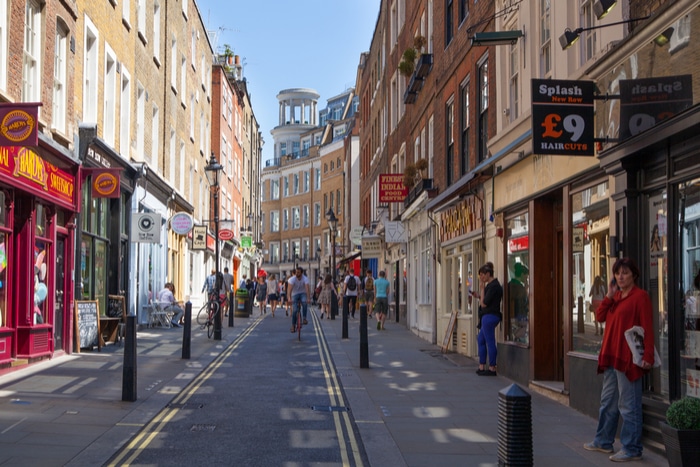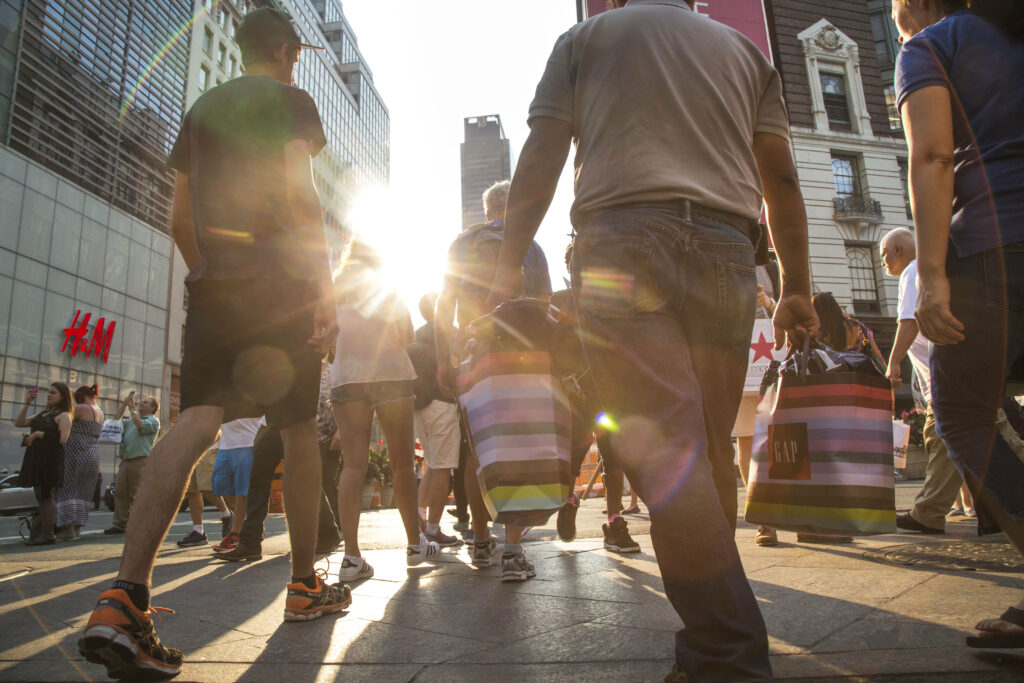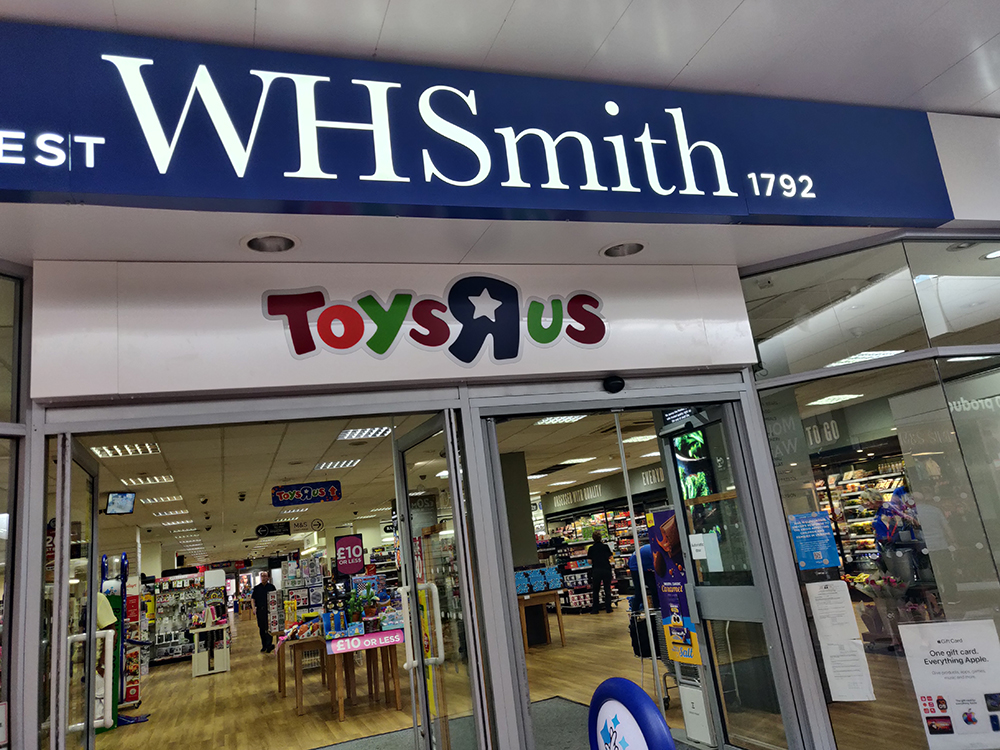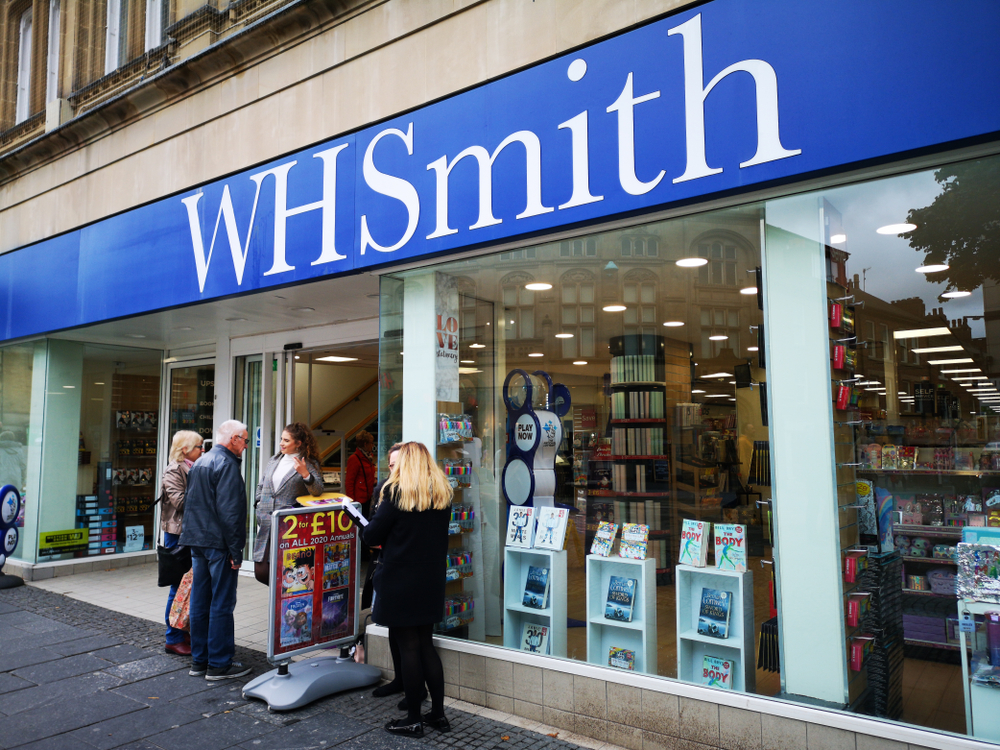// Total sales for 2019 decreased by 0.1%, compared with 1.2% growth in 2018, making it the worst year on record
// For December alone, sales increased by 1.9% in December, against a flat 0.0% in December 2018
// Taking November & December together to iron out the Black Friday distortions, total sales declined 0.9% compared with the same period in 2018
New data has shown that 2019 was worst year on record for UK retail, as lacklustre sales over the peak Christmas trading period failed to give the sector the boost it needed.
According to the latest Retail Sales Monitor from the BRC and KPMG, overall retail sales in the UK decreased by 0.1 per cent in 2019, compared with the 1.2 per cent growth in 2018.
Full year non-food sales saw a decline of 1.3 per cent in 2019, with a 3.3 per cent increase in online sales failing to offset the 3.1 per cent drop from in-store sales.
READ MORE:
- High street crisis to continue into 2020
- BRC warns £320m retail rate relief is “just another sticking plaster”
- The first 14 high streets to receive £1bn funding revealed
However, food sales enjoyed a 1.4 per cent uptick for the year.
BRC chief executive Helen Dickinson said the overall figures meant 2019 was the worst year on record and the first year to show an overall decline in retail sales.
She pointed to the wave of CVAs and administrations, shop closures and job losses, and the ongoing impacts of Brexit uncertainty that the industry suffered in 2019.
“Twice the UK faced the prospect of a no deal Brexit, as well as political instability that concluded in a December General Election – further weakening demand for the festive period,” Dickinson said.
For December alone, total sales increased by 1.9 per cent against a flat, zero per cent growth in December 2018.
December retail sales increased by 1.7 per cent on a like-for-like basis from the same month in 2018, when they had decreased 0.7 per cent from the preceding year.
However, BRC and KPMG highlighted that last month’s figures were “positively distorted” by the later timing of Black Friday, which occurred in December as opposed to November in 2018.
Taking November and December together to iron out the Black Friday distortions, the Retail Sales Monitor showed that overall retail sales declined 0.9 per cent compared with the same two-month period in 2018.
On a like-for-like basis, sales declined 1.2 per cent compared to the same two-month period in 2018.
“Black Friday overtook Christmas as the biggest shopping week of the year for non-food items,” Dickinson said.
“Retailers also faced challenges as consumers became both more cautious and more conscientious as they went about their Christmas shopping.”
Over the last quarter of the year, total in-store sales of non-food items declined 3.5 per cent and 3.8 per cent on a like-for-like basis.
Overall, non-food retail sales for the quarter decreased by 1.6 per cent on a like-for-like and 1.4 per cent on a total basis.
Meanwhile, food sales for the final quarter were a flat at zero per cent on on a like-for-like basis and increased 0.7 per cent on a total basis.
“Grocery is usually a winner during the festive season, although it is important to highlight that growth has been weakening recently and for many players Christmas did not deliver the results it has in the past,” KPMG head of retail Paul Martin said.
“All growth will be welcome, although the true performance of Christmas trading is still to be determined.
“The cost of customer returns must not be overlooked. That’s especially true as online fulfilment already costs retailers a pretty penny.
“Christmas trading reports will likely be mixed, but those that have truly performed well will have managed margin and costs well over both the Christmas period and beyond.”
Dickinson said: “Looking forward, the public’s confidence in Britain’s trade negotiations will have a big impact on spending over the coming year.
“There are many ongoing challenges for retailers: to drive up productivity, continue to raise wages, improve recyclability of products and cut waste.
“However, this takes resources, so it is essential the new government makes good on its promise to review, and then reform the broken business rates system which sees retail pay 25 per cent of all business rates, while accounting for five per cent of the economy.”
Click here to sign up to Retail Gazette‘s free daily email newsletter


















